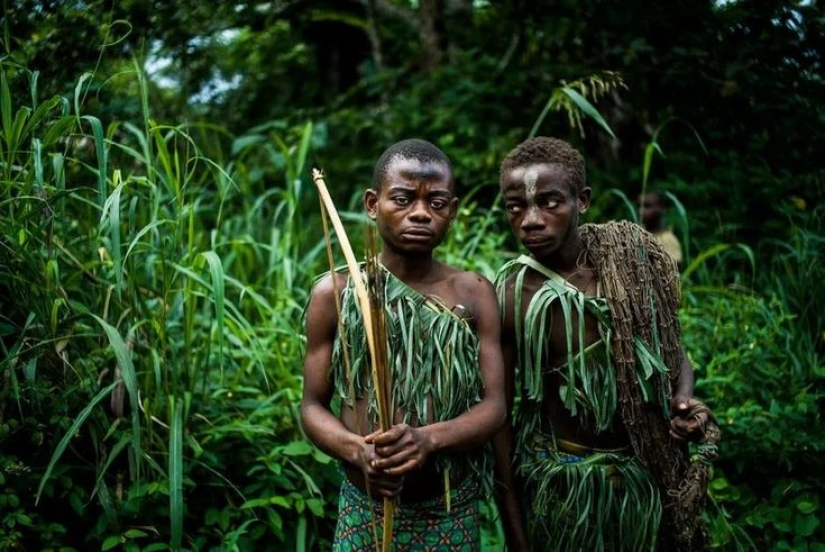Why do Africans have dark skin if black attracts heat
In summer, the optimal color of clothing has always been white. This is especially true in hot countries where the intensity of solar radiation is maximum. But why then has nature endowed the inhabitants of the hottest regions of Africa with dark skin? Wouldn't it be easier for them to live in their climate with white skin?

We have known since childhood that the darker an object is, the more intensely it absorbs the sun's rays and heats up more. Owners of dark cars know this firsthand. Such transport heats up in the sun so that it is difficult to be in its cabin. But light objects are not so hot and at the same time cool down faster. It seems that this rule should work the same way with people, but in fact everything is much more complicated.

The main enemy of a person in the sun is not an increase in temperature. Ultraviolet radiation is much more dangerous. With a relatively short exposure, the rays simply dry the skin, cause burns and wrinkles. But if ultraviolet light acts on the skin for a long time, it changes the DNA of cells and causes cancer.
Evolution has taken good care of man, providing our body with many protective systems. Some of them work successfully, for example, goosebumps on the skin. Others, such as wool, have almost disappeared as unnecessary. We also have UV protection, and it is quite effective. Melanin is a substance produced by skin cells that helps neutralize dangerous radiation.
The higher the UV level, the more melanin. It is to him that we owe the tan. If you are well tanned on the beach, then it may look attractive, but it is unlikely to be useful for the skin. A tan, or rather, a high content of melanin, signals the body's struggle with external danger.

The inhabitants of Africa have a different skin structure than ours. Due to the fact that the people of the Black continent have lived under the scorching sun for thousands of years, their genetics provide for a constant high content of melanin in skin cells. If not for this adaptation, the population of the hottest countries would simply have died out in a few generations.
It has long been known that East Africa is the cradle of humanity. It is from where Ethiopia is now located that people have settled all over the world. But then why are we all different and not dark-skinned? Everything is explained very simply. The evolutionary process of darkening turned out to be reversible. Settling in places where the sun shines moderately and there is a clear change of seasons, people gradually lost protection and brightened.

But here another important question arises — why did African Americans not become light? We can reassure you — there is no miracle happening and they are gradually brightening. Just in order for this to become noticeable, more than one generation must change. In the meantime, people from Africa stand out noticeably among whites in countries with temperate and cold climates. But it won't always be like this.
Recent articles

It's high time to admit that this whole hipster idea has gone too far. The concept has become so popular that even restaurants have ...

There is a perception that people only use 10% of their brain potential. But the heroes of our review, apparently, found a way to ...

New Year's is a time to surprise and delight loved ones not only with gifts but also with a unique presentation of the holiday ...